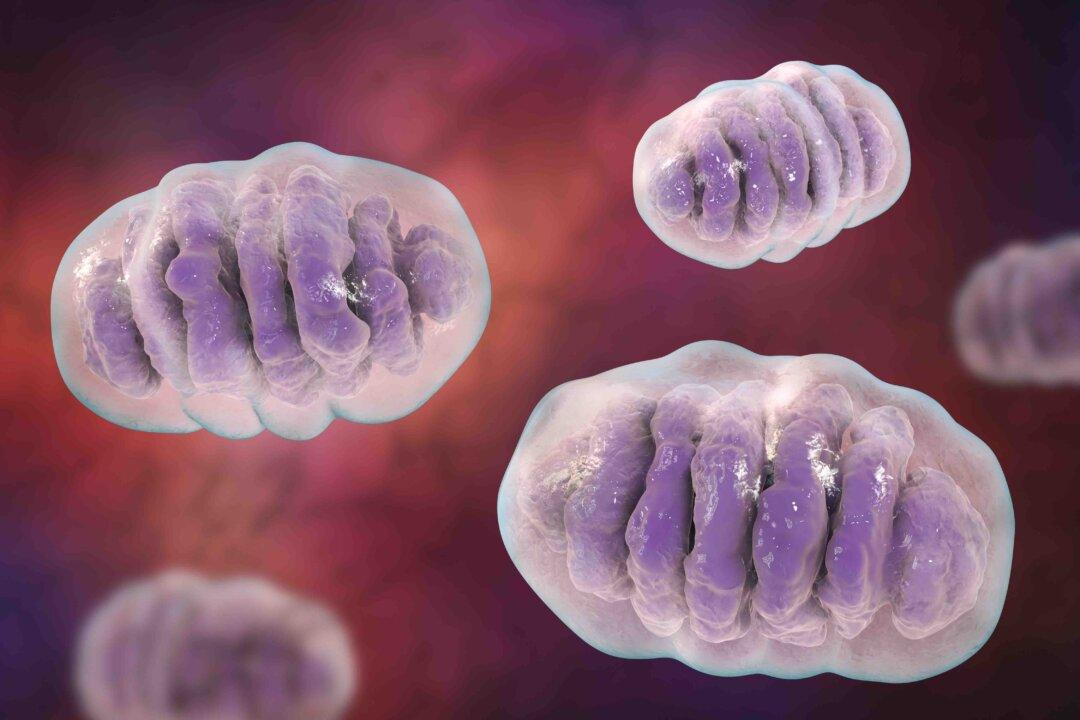Did you know that the average young U.S. adult gains 30 pounds by the time they reach age 50? This weight gain happens even though most people tend to eat less over this time. Researchers have long known that losing weight and maintaining the ability to exercise tend to get harder beginning between ages 30 and 40—the start of mid-life. And working out pays off less than it used to.
NIH scientist Dr. Jay H. Chung and his colleagues think they’ve identified the biological changes that can explain this weight gain. In studies with lab animals, they found that an enzyme known as DNA-PK (DNA-dependent protein kinase) slows down your metabolism, making fat harder to burn.





